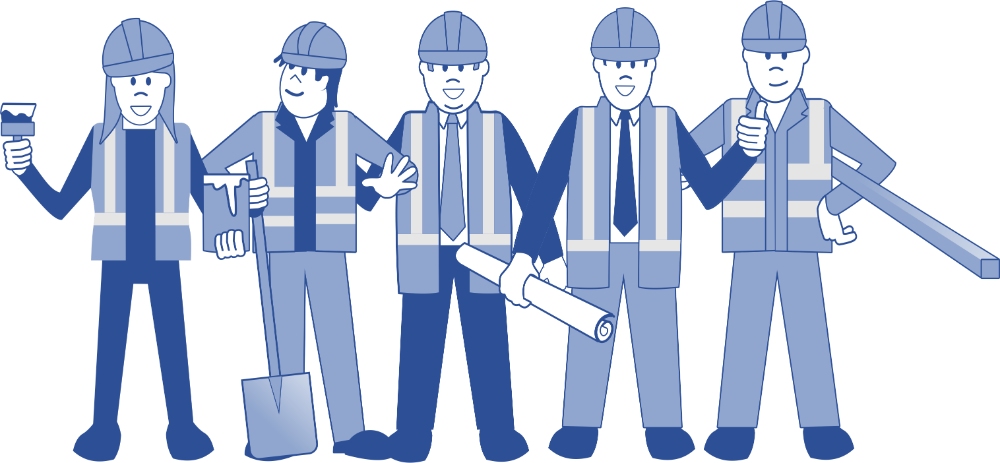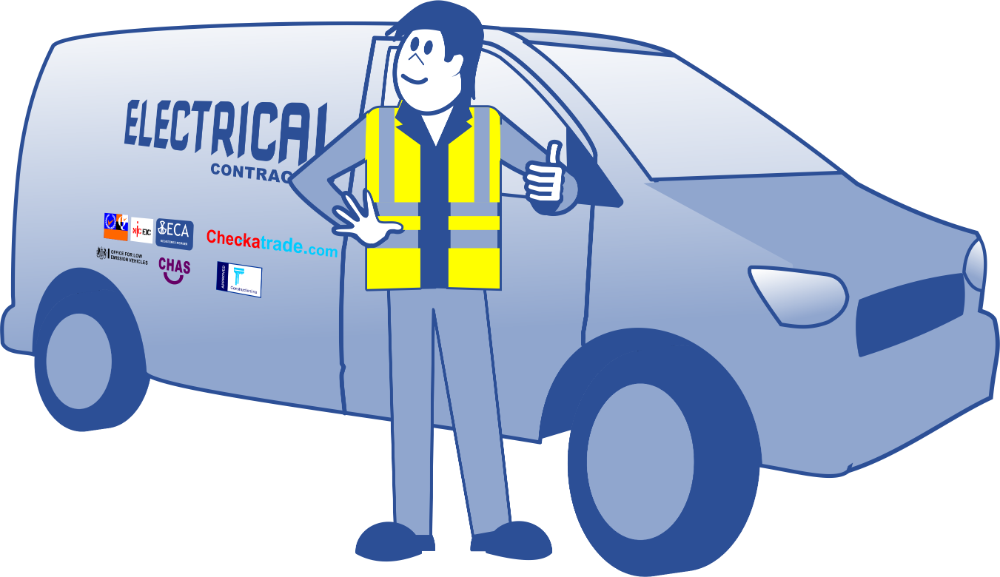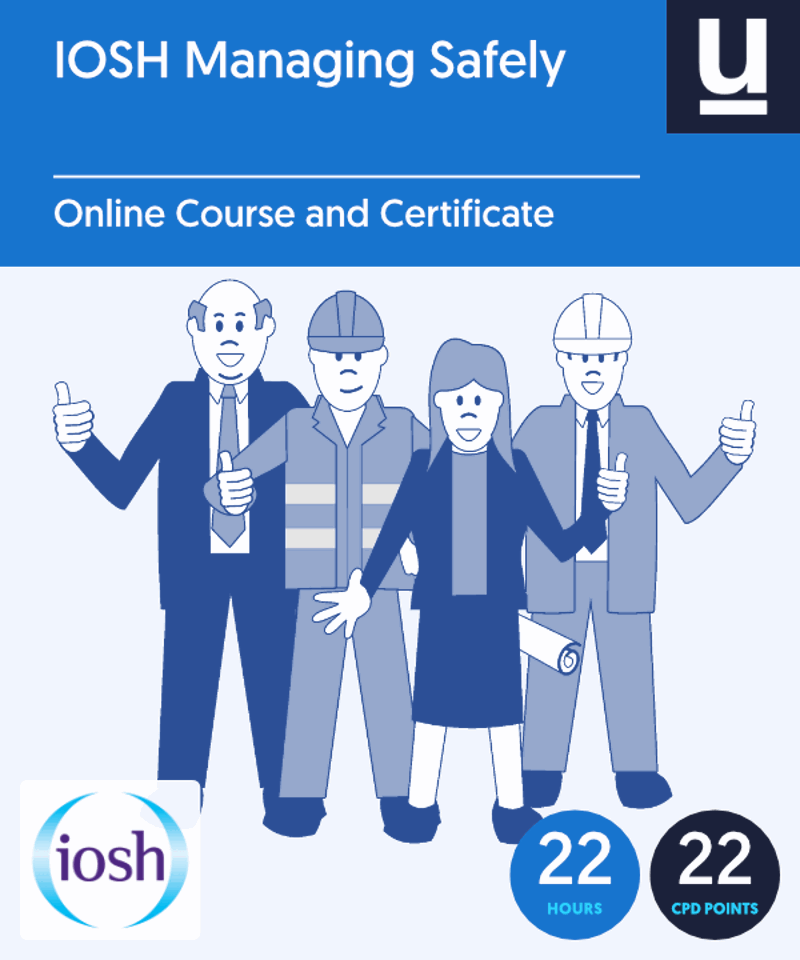The costs include accreditation fees, annual membership fees, and safety assessment costs. The CHAS price is subject to changes based on the membership level, the number of employees in a construction company, and annual inflation.
You can visit the CHAS website for up-to-date information about CHAS prices, products, and packages.
CHAS Application Process
CHAS accreditation involves submitting an application, assessing safety procedures, reviewing documentation, conducting on-site inspections, and making a final accreditation decision.
How long does it take to become CHAS-registered?
Obtaining CHAS accreditation requires careful planning, with factors such as a multi-staged process, first-attempt preparation, and renewal considerations affecting the overall time frame. CHAS offers a support package called ‘CHAS Assist’ to guide contractors through the process and expedite assessment.
Essential Documentation for meeting the CHAS standard
Contractors must submit essential documentation, including a safety policy, method statements, risk assessments, safety training records, and a health and safety management plan. Showing proof of industry-related training holds significant weight, particularly in CHAS assessments. CHAS values certificates that confirm your completion of training, placing more importance on them than relying solely on experience without supporting evidence.
To ensure compliance, make sure you and your staff receive suitable health and safety training and, importantly, that you can provide the necessary proof. While the specific documents can vary based on your business, the most common ones include:
- Your health and safety policy and/or information outlining how health and safety are managed in your business.
- Proof of risk assessments, method statements, and related details.
- Insurance details, including employers and public liability insurance.
- Records of equipment maintenance and testing.
- Documentation of on-site health and safety.
- Attendance sheets from Toolbox Talks.
- Information about your safety advisor.
- Construction phase plans.
- Details about health surveillance.
- Proof of training and certification.
Does CHAS accept commodious certificates?
Yes.
You can submit certificates from Commodious as proof of industry-related training for your CHAS application. Completing our online courses earns you both a digital and physical certificate. Our learning management system lets you access your digital certificates and training records for a year after completing the course.
Our training courses include:
- asbestos,
- fire safety,
- manual handling,
- working at height,
- first aid,
- COSHH,
- abrasive wheels, and
- many other relevant aspects of your work's health and safety training needs.
CHAS Renewal
Both CHAS membership and accreditation need to be renewed every year.
CHAS accreditation vs. CHAS membership - what's the difference?
CHAS membership works on an annual subscription basis, granting you access to membership benefits for a yearly fee.
The proof of your CHAS accreditation is a certificate awarded upon meeting the assessment standard.
Your membership expiry is your yearly payment date, while your accreditation expiry aligns with your annual assessment renewal.
CHAS Membership Packages
CHAS offers three packages that meet different requirements and industry standards. These packages are:
All levels of CHAS accreditation meet the SSIP requirements.
What is SSIP?
Safety Schemes in Procurement (SSIP) streamline prequalification processes in the construction industry. Membership demonstrates compliance with health and safety legislation, saving time and costs for contractors seeking certification.
The connection between SSIP and CHAS
As an SSIP member, CHAS commits to safety training and industry-wide standards. This connection promotes safety and best practices throughout the industry.
Choosing the right package will depend on the types of contracts that you tender for. All membership levels meet the SSIP requirements.
Advanced and Elite memberships also meet PAS 91 requirements.
What is PAS 91?
PAS 91, Publicly Available Specification 91, is a standard document that sets out the pre-qualification criteria for construction procurement. It was developed to streamline the tendering process and ensure consistency in assessing suppliers' health and safety capabilities.
PAS 91 covers various topics, including environmental management, quality management, equal opportunities, and health and safety. By meeting PAS 91 requirements, contractors demonstrate their commitment to best practices in these areas, making them more likely to be considered for public sector contracts.
An Advanced or Elite CHAS membership means you already meet the PAS 91 requirements. This is a significant advantage for contractors who want to bid for public sector contracts.
Chas Elite
Chas Elite membership meets both SSIP and PAS 91 requirements. It also includes approval for Common Assessment Standards.
What is the Common Assessment Standard?
The Common Assessment Standard (CAS) sets a benchmark for health and safety standards that contractors must meet, ensuring consistency across different projects and industries.
The CAS covers various areas such as risk assessment, training and competency, and management systems. By implementing these standards, contractors can identify potential hazards, train their employees effectively, and establish robust safety protocols.
Why Common Assessment Standard Matters
Just having SSIP accreditation is not sufficient for government contracts anymore. To win or keep public sector contracts, contractors must show they comply beyond SSIP accreditation.
New Procurement Policy Note (PPN 03/23)
The recent Procurement Policy Note (PPN) 03/23 now requires public sector contracting authorities to ensure their supply chains follow the Common Assessment Standard (CHAS Elite) to stay competitive. This means meeting the CHAS Elite standard is crucial for success in public sector contracts.
In 2023, the government implemented a new procurement policy note (PPN 03/23) for the construction industry. This note aims to improve the way public sector contracts are awarded, significantly emphasising health and safety.
The PPN 03/23 outlines that all contractors bidding for public sector projects must have CHAS accreditation. This requirement highlights the importance of maintaining high health and safety standards in all construction activities. By ensuring contractors meet the Common Assessment Standard, the public sector can be confident working with qualified and responsible organisations.
This new policy note brings added importance to obtaining CHAS accreditation.
The government's PPN 03/23 emphasises health and safety best practices, guiding public procurement professionals and contractors in prioritising safety compliance in construction projects.
Choosing the Right Qualifications for CHAS Accreditation
The qualifications needed for CHAS accreditation depend on the size of your business and the type of work you do. Here's a simple breakdown:
For Self-Employed Persons: If you're self-employed, formal qualifications probably aren't necessary for CHAS. You will need certificates from courses relevant to your work. For example a self-employed painter might need certificates for manual handling training, working at height training, and other necessary training.
IOSH Managing Safely for Small Businesses: The IOSH Managing Safely qualification is suitable for CHAS accreditation for businesses with fewer than five employees. It's designed to give individuals the knowledge required to manage smaller operations safely, giving you the know-how to maintain health and safety standards and meet legal requirements.
For Larger Businesses: If your business has more employees, you'll need more formal qualifications for CHAS. The health and safety officer should have an NVQ in a relevant subject, SSSTS (Site Supervisor Safety Training Scheme), or an equivalent qualification. These qualifications match the complexity of more extensive operations.
Conclusion
In conclusion, obtaining CHAS accreditation is crucial for contractors and businesses in the construction industry. With the government's emphasis on health and safety best practices, prioritising safety compliance in construction projects becomes even more important.
The qualifications required for CHAS accreditation vary depending on the size of your business.
By obtaining these qualifications, businesses can not only meet the requirements for CHAS accreditation but also ensure the safety and well-being of their employees. With proper training and knowledge, they can effectively implement health and safety measures on construction sites, reducing the risk of accidents and injuries.
Furthermore, CHAS accreditation can open doors to new business opportunities. Many organisations, especially large companies and government agencies require contractors to be CHAS accredited before they can bid for contracts. By obtaining this accreditation, businesses can access a wider range of lucrative contracts and increase their chances of securing profitable projects.




